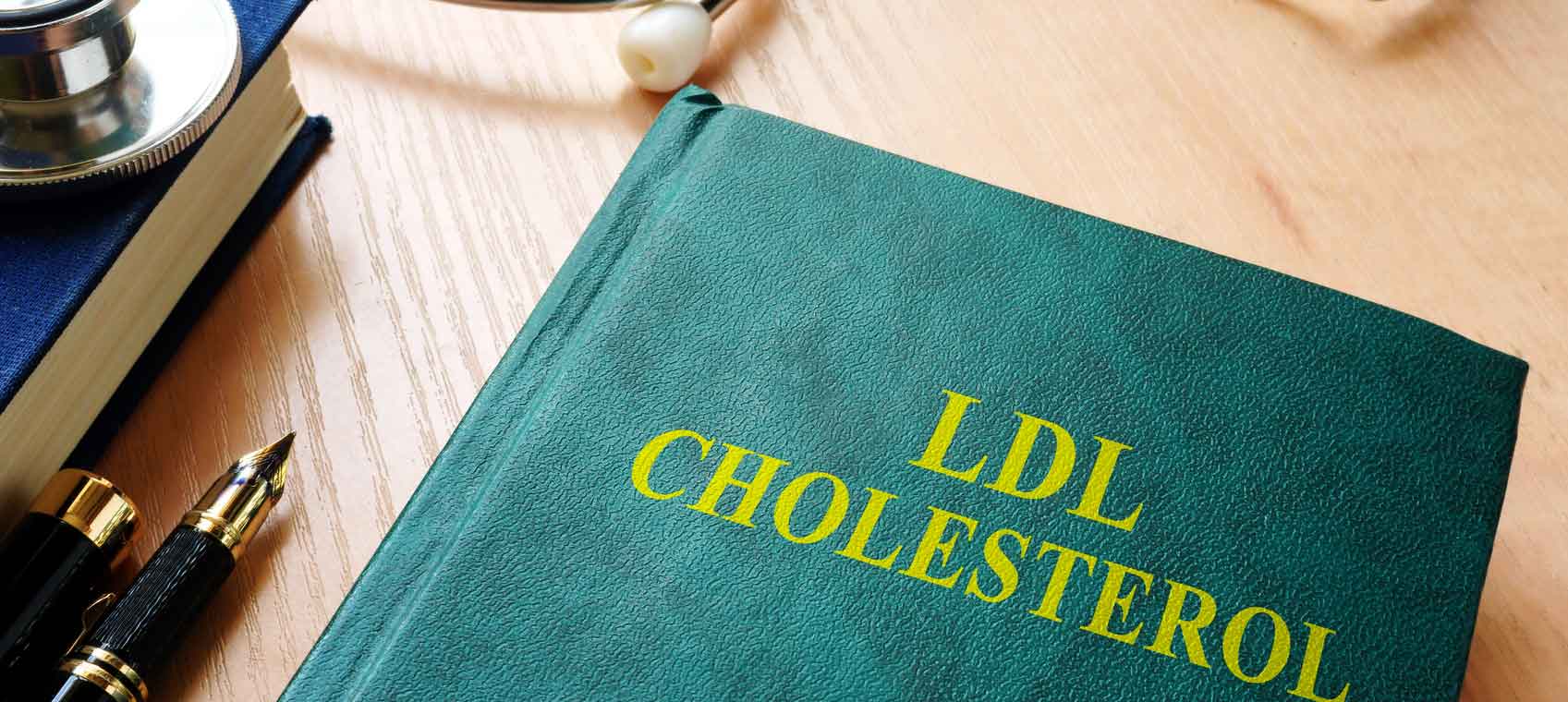
Many people, doctors included, still think LDL is the “bad” cholesterol. The moment a patient’s LDL rises, their first impulse is to prescribe cholesterol-lowering statin drugs. But the fact is, your body needs LDL cholesterol, and driving it too low with statins can cause bigger health issues.
What exactly is LDL cholesterol? It’s a cholesterol particle surrounded by a lipoprotein wrapper that carries cholesterol to your cells where your body needs it. LDL is a major component of your cell membranes and the structures within them.
Your body needs LDL cholesterol for:
- Brain Function: Cholesterol is so essential for brain health that the fatty glial cells of your brain make their own special supply of cholesterol. Your brain needs cholesterol for the function and formation of synapses, which are the connections between the neurons in your brain that are essential for mental functioning and thinking.
So, driving LDL cholesterol too low with statin drugs can make it impossible to think. In fact, there have been many case studies of patients taking statin drugs and lowering LDL cholesterol below 60, then experiencing dementia or total global amnesia. - Mental Health: A Duke University study of 121 healthy women found that low cholesterol levels (under 160 mg/dl) were associated with higher levels of anxiety and depression.
- Immunity: Your body needs cholesterol to fight infections. That’s because blood lipids, including cholesterol, play a key role in the body’s defense system by binding and inactivating microbes and their toxins. So low cholesterol levels can make you more susceptible to infections.
Numerous studies have shown this, including a 1997 study at the University of Pittsburg’s Center for Pharmacology where researchers found that those with low cholesterol had fewer white blood cells—suggesting a less efficient immune system.1 - Protection Against Cancer: A 2007 Israeli study of 203 patients found that individuals with LDL cholesterol levels below 70 have 15 times the risk of developing cancer. Plus, they had five times the risk of contracting sepsis (blood poisoning).2
Is Your LDL Cholesterol Too Low?
With LDL cholesterol there’s a sweet spot. A suitable LDL cholesterol level is between 80-130 mg/dL. But if your LDL cholesterol is below that range, it’s too low. So, if you’re on a statin medication purely for cholesterol lowering, you may want to consider talking to your doctor about getting off it.
While I don’t hesitate to prescribe statin drugs for men under age 75 with diagnosed cardiovascular disease or significant risk factors for heart disease, for most others the statin side effects can far outweigh the benefits. Plus, driving LDL cholesterol too low can deprive your body, including your brain, of the cholesterol it needs.
When LDL Cholesterol Is Dangerous
While LDL cholesterol is essential for good health, it can be dangerous if it becomes oxidized or is overly present in the form of a small dense particle (known as “LDL-pattern-B”).
It’s the small LDL particles that can damage the artery walls and fuel the inflammatory process that leads to heart disease. To determine if your cholesterol is inflammatory, it’s important to get one of the newer generation cholesterol tests.
Heredity plays a major role in how much small LDL cholesterol you have. If you have significant numbers of small LDL, you need to be particularly mindful about exposure to things that damage your arterial walls and create opportunities for small LDL to affect them. These include cigarette smoke, mercury, lead, trans-fatty acids, insulin, and radiation (to name a few). Plus, here are seven ways to get your cholesterol in check.
What’s the Bottom Line for You?
I continue to recommend statin drugs for people with acute coronary syndrome—in fact it’s the best indication for a statin. But it has nothing to do with cholesterol. Statins thin the blood, and someone with acute coronary syndrome needs blood thinning, as well as the antioxidant and anti-inflammatory support that statins also provide.
But unless you have advanced coronary disease, or another risk factor that warrants a statin, I wouldn’t jump on the bandwagon to lower LDL cholesterol. For most people, a healthy lifestyle and keeping their inflammatory LDL cholesterol in check is the best way to maintain good health.
More Heart Health Advice From Dr. Sinatra
References:
1Iribarren C, et al. Cohort study of serum total cholesterol and in-hospital incidence of infectious diseases. Epidemiol Infect. 1998;121(2):335–347.
2Shor R, et al. Low serum LDL cholesterol levels and the risk of fever, sepsis, and malignancy. Ann Clin & Lab Sci. 2007;37(4):343–348.


